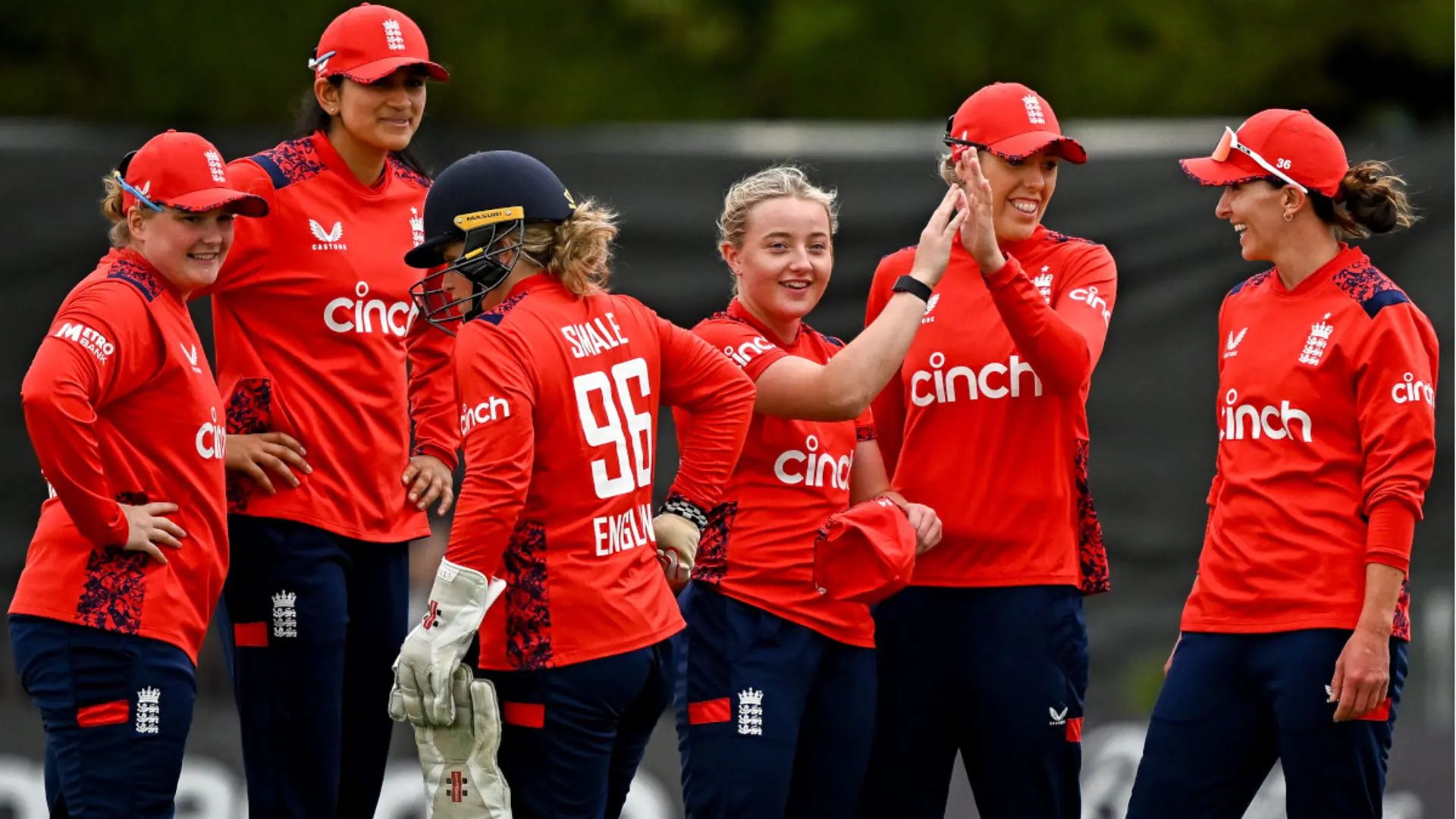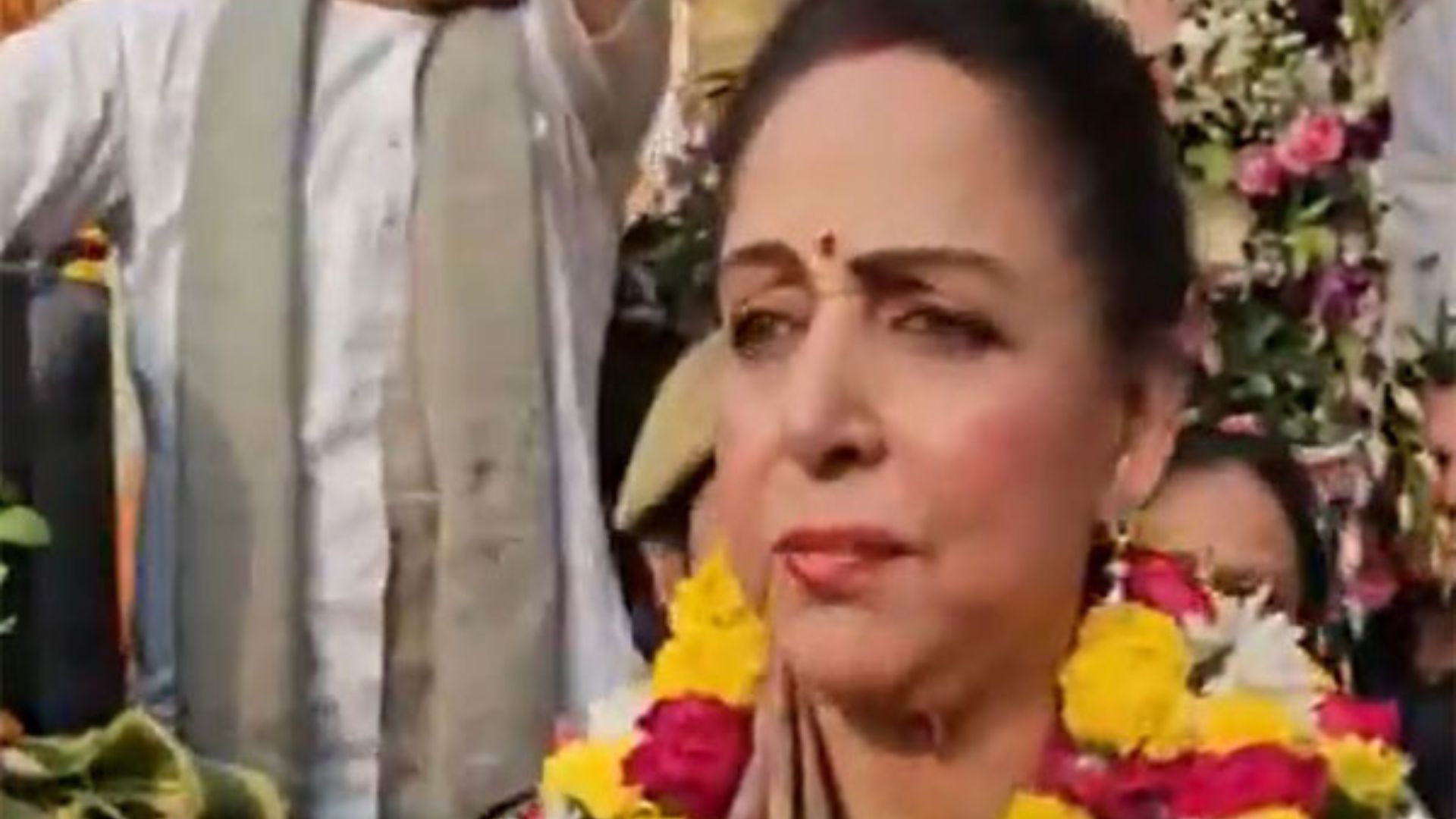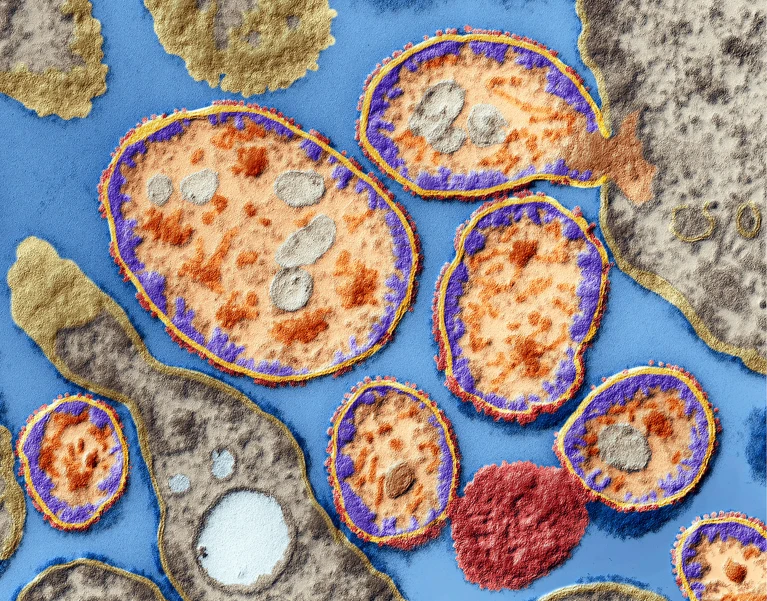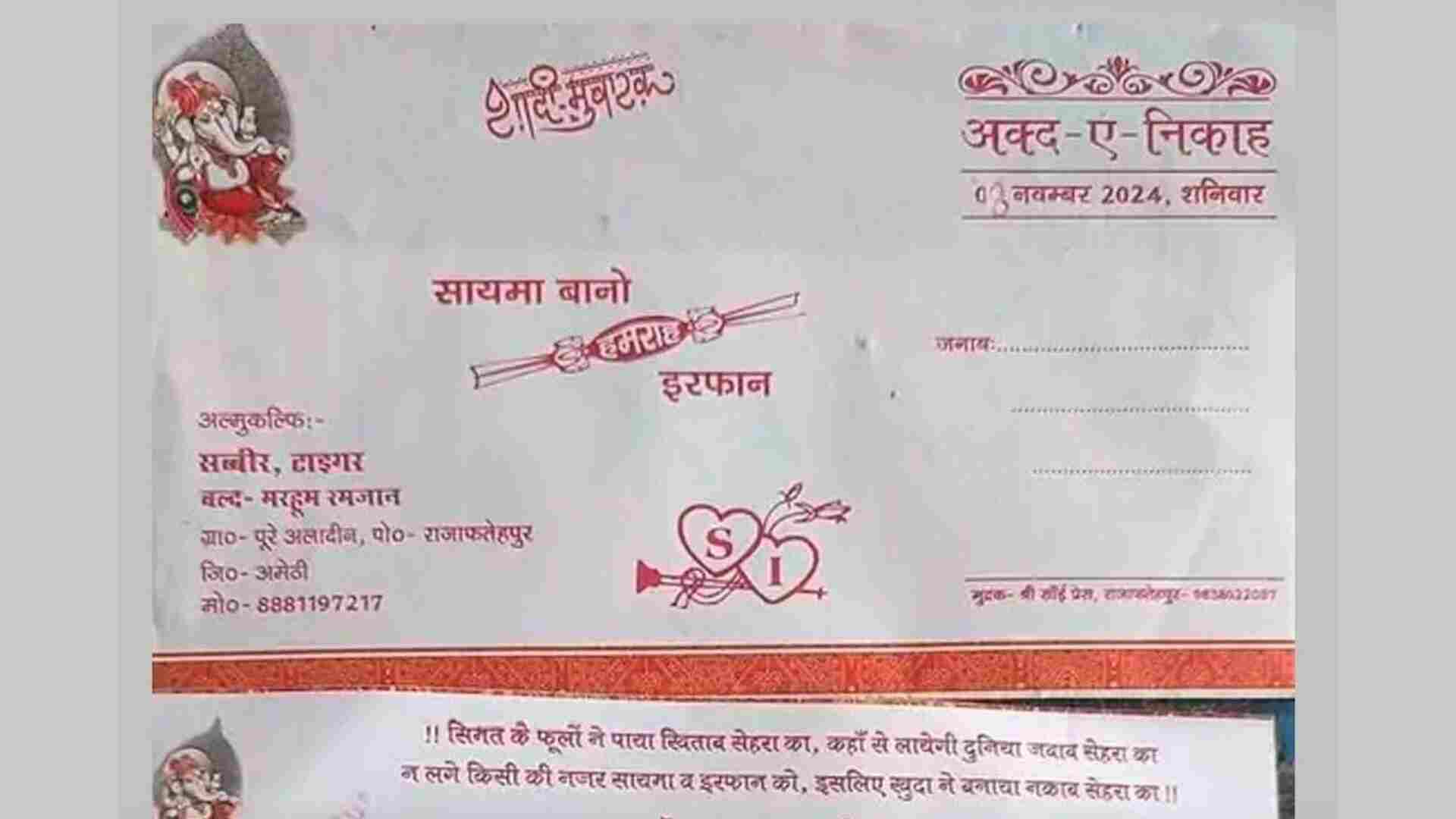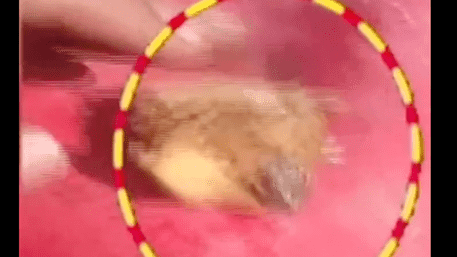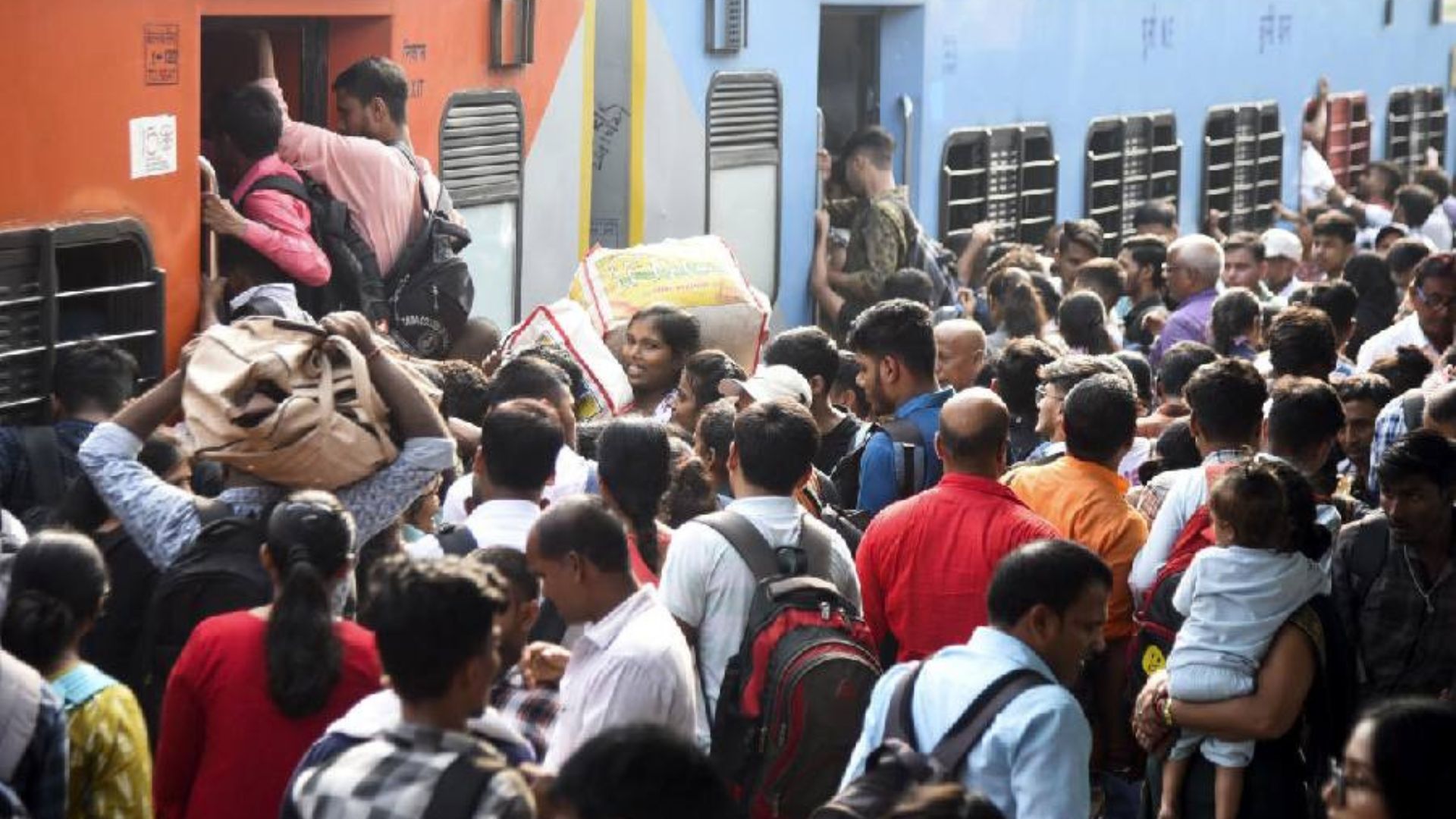Chief Minister Eknath Shinde asserted on Sunday that the Supreme Court’s decision to consider the curative petition in the Maratha reservation case acknowledges the concerns raised by the state government and reflects the sentiments of Maharashtra’s people. Shinde highlighted the urgency with which the government’s backward commission is collecting empirical data to establish the socio-educational backwardness of the Maratha community.
Shinde acknowledged the Supreme Court’s nullification of Maratha reservations, attributing it to the Maha Vikas Aghadi (MVA) government’s failure to adequately demonstrate the community’s backwardness. He emphasized the importance of rectifying errors in previous data and addressing observations made by the court. The government aims to present a comprehensive case showcasing the social and educational backwardness of the Maratha community, stressing the need for reservation without affecting other communities.
In response to the extended deadline for the Maratha quota, reservation activist Manoj Jarange cautioned that he would initiate an indefinite hunger strike at Mumbai’s Azad Maidan if the government fails to meet the reservation demand by January 20. Jarange previously committed to disclosing his future course of action based on Chief Minister Shinde’s announcement during the winter session that the reservation demand would be addressed in a special session in February.
Speaking at a large gathering in Beed, Jarange outlined plans to walk from Jalna’s Antarwali Sarati to Mumbai, with numerous community members joining along the way. The state government is under pressure to fulfill the Maratha reservation demand, and the outcome of the curative petition will play a crucial role in determining the path forward for this contentious issue.





